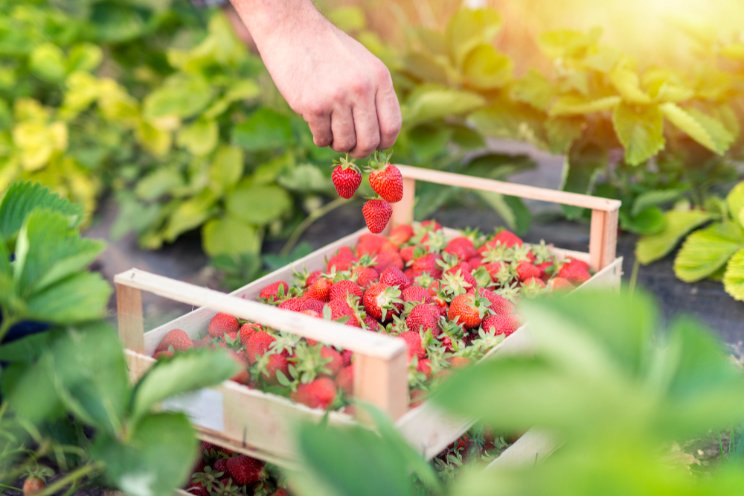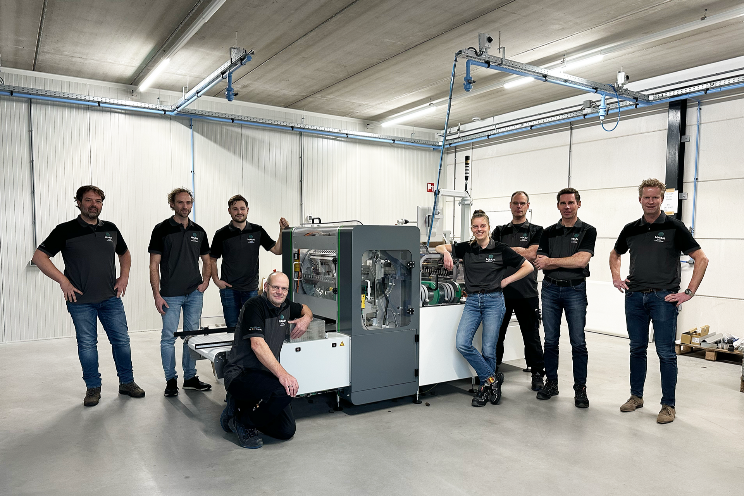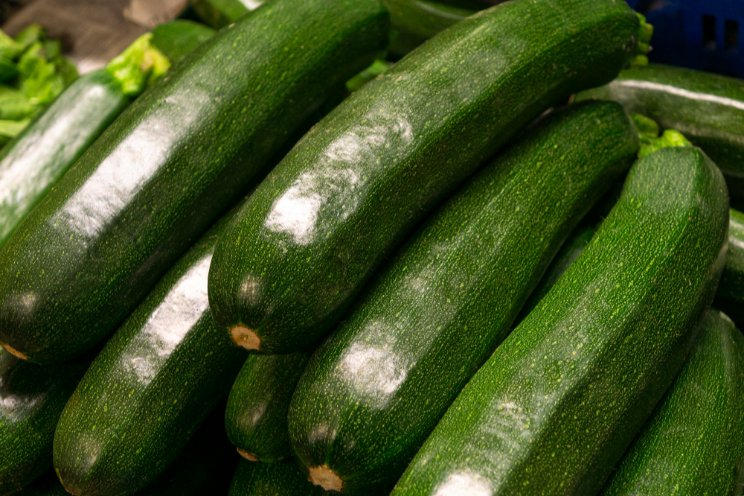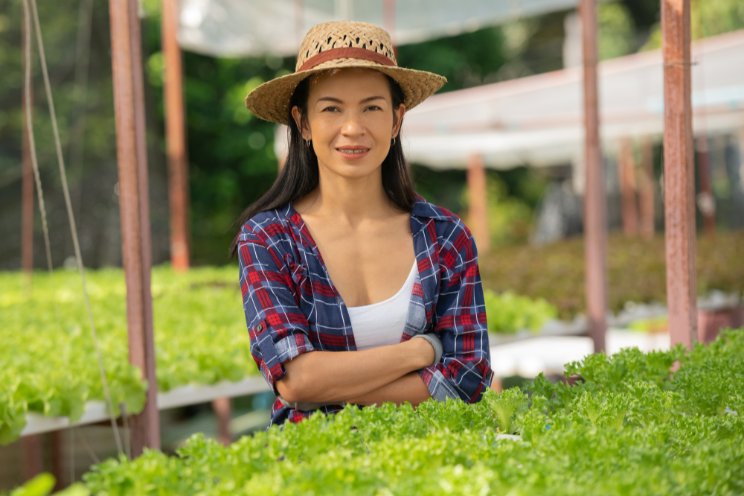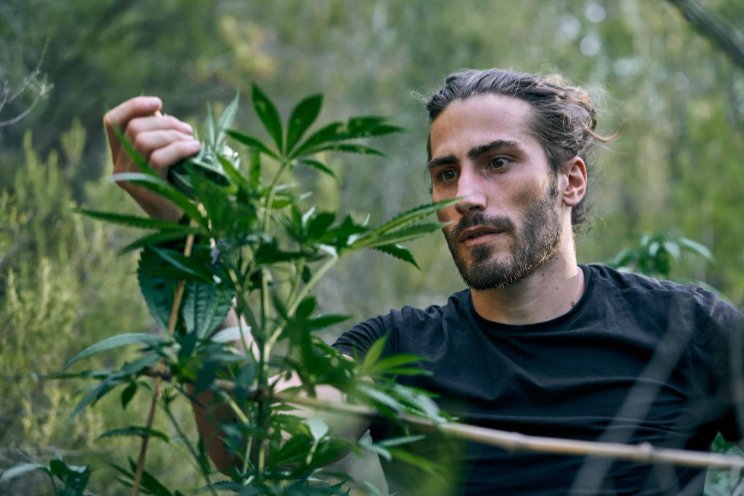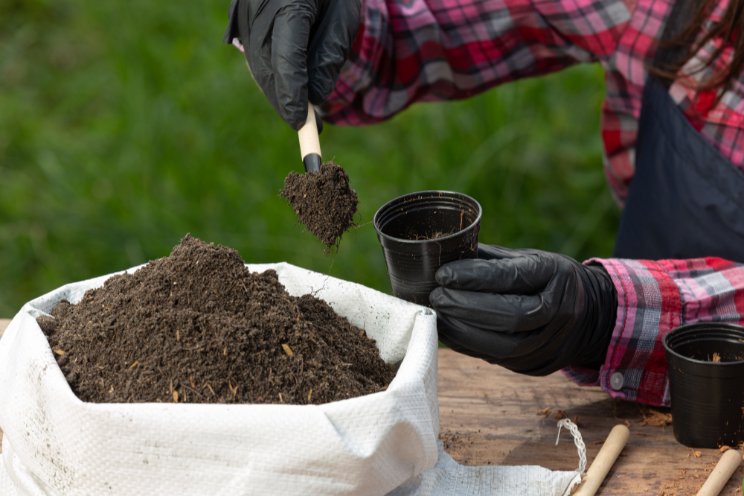Greenhouse as responsible planetary tenant
Added on 08 January 2020
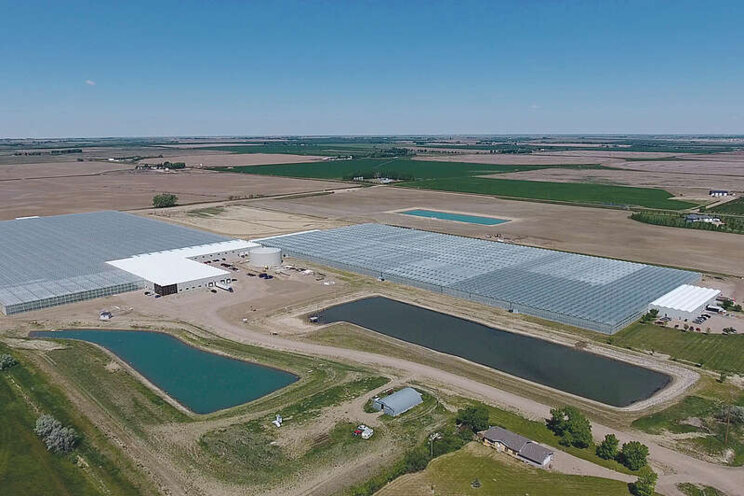
Beginning as a four-acre farm 10 years ago, subsequent small expansions followed by a 20-acre addition in 2016 and another 10 acres coming on stream in 2020 will push the facility to a total 45 acres under glass just southwest of Medicine Hat.
Chief executive officer Ryan Cramer says another 10 acres may follow in 2021-22.
"We definitely have a need for more produce grown under lights," he said.
The company's tagline is Always Growing, for good reason. Production areas are lit with efficient high-pressure sodium grow lights to enable continuous production.
Cramer said cucumbers don't like LED lights. And while Medicine Hat may be the sunniest city in Canada, day length is an issue through the winter. Even in California, lights are needed at times.
Producing vegetables from about 400,000 plants at a time, most of them long English cucumbers and mini-cucumbers, requires careful attention to all growth stages and conditions. About 185 employees work in the greenhouses and on the in-house packing line.
Big Marble produces two crops of long English cucumbers, three crops of mini-cucumbers and one crop of tomatoes each year.
The plants are grown on a high wire system and receive the exact amount of nutrients and water they need.
Cramer grew up in the business with his father, Albert, who still has his own greenhouse, and uncle Rick Wagenaar. The three partners started Big Marble, but Ryan Cramer is now the self-described "chief cook and bottle washer."
His wife, Brianne, also works for the company.
"We are a big and unique family farm," he said.
The name Big Marble was chosen to be unique and represent two things. It harkens back to a simpler time and also represents the planet Earth as seen from space.
The company strives to be a responsible tenant.
"The greenhouse industry period is really a sustainability story," Cramer said.
For example, Big Marble recycles every drop of water used in the facility by sterilizing and reusing it.
Water produced by the cucumbers themselves through transpiration hits the glass walls of the greenhouse and is collected. Water from the roof is collected, too.
The company uses an integrated pest management system, incorporating beneficial insects to keep bugs such as spider mites and thrips under control. Pesticides would be used only when a pest gets out of control, and even then it would be a spot spray, Cramer said.
The "good" bugs come in shaker bottles from Holland, and within 48 hours of application millions of the microscopic helpers are on the job.
Sustainability and efficiency extend to the heating system.
A seven-million-litre heat storage tank fed by four natural gas powered boilers in a loop system heats the greenhouses through radiant hydronic heating pipes.
"We run the boiler during the day when the plants need carbon dioxide and shut it off at night," Cramer said.
This type of system wouldn't work for all facilities, he said.
"You have to be a certain size. Ten acres isn't feasible."
The greenhouses also use an energy screen system that is retractable and transparent.
"We close it at night and it saves 47 percent of the energy," he said.
That same screen is used in summer to block harmful rays from the sun.
The next phase of sustainability will come with the 10-acre expansion in 2020 when a six-megawatt cogeneration power plant comes online. It is expected to cut the facility's energy costs by one-third.
It will do that by converting natural gas into power and using the waste heat from the exhaust to heat the expansion area.
Aside from increasing efficiency, the system will decrease emissions. Down the road, the carbon dioxide byproduct will also be pumped into the greenhouse for the plants' use.
"Six megawatts is totally carbon neutral in the future," Cramer said.
Albert Cramer said cogeneration is an important step for this type of business as governments move to phase out coal-fired generation.
"The industry has been forced to become more efficient in everything, energy especially," he said.
Finally, Big Marble produce leaves in packages that contain recycling instructions.
The shift away from plastic means vegetable growers are examining new biodegradable or compostable trays.
Some produce, however, goes to distributors and then retailers, which package the way they want.
Big Marble markets under its own brand and as a member of the Red Hat Co-operative.
Source: The Western Producer
Photo courtesy Chasing Autumn Photography
Source: The Western Producer
More news

